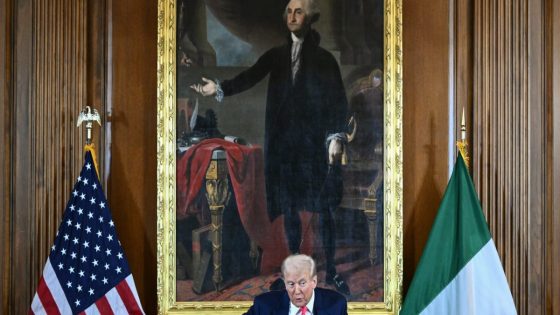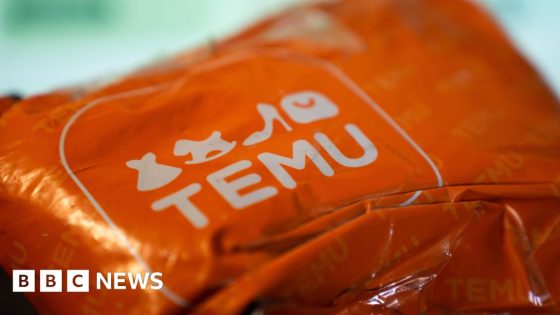The U.S. is intensifying its scrutiny of global currency manipulation, adding Ireland and Switzerland to its monitoring list. This decision, made public on June 7, 2025, reflects ongoing concerns about currency practices that could distort trade and economic stability.
- Ireland added to U.S. currency manipulation monitoring.
- U.S. finds no current currency manipulators.
- Treasury warns China on currency manipulation.
- U.S. criticizes China's transparency policies.
- Swiss National Bank denies FX manipulation claims.
As countries like China continue to face criticism for their currency policies, the U.S. Treasury’s latest report highlights a complex landscape of international finance. Notably, while no country was labeled a manipulator, the inclusion of new nations signals a broader vigilance in global economic practices.
This development raises critical questions about the implications for international trade and economic stability. How will this affect U.S. relations with these nations? And what might be the repercussions for global markets?
- Increased scrutiny may lead to diplomatic tensions between the U.S. and monitored countries.
- Potential adjustments in trade policies could affect global supply chains.
- Market reactions may vary, with some currencies experiencing volatility.
- Countries might reconsider their monetary policies to avoid being labeled manipulators.
As the global economy evolves, stakeholders must stay informed about these developments. Will nations adapt their policies to maintain favorable trade relations? The coming months will be crucial in shaping the future of international finance.
































